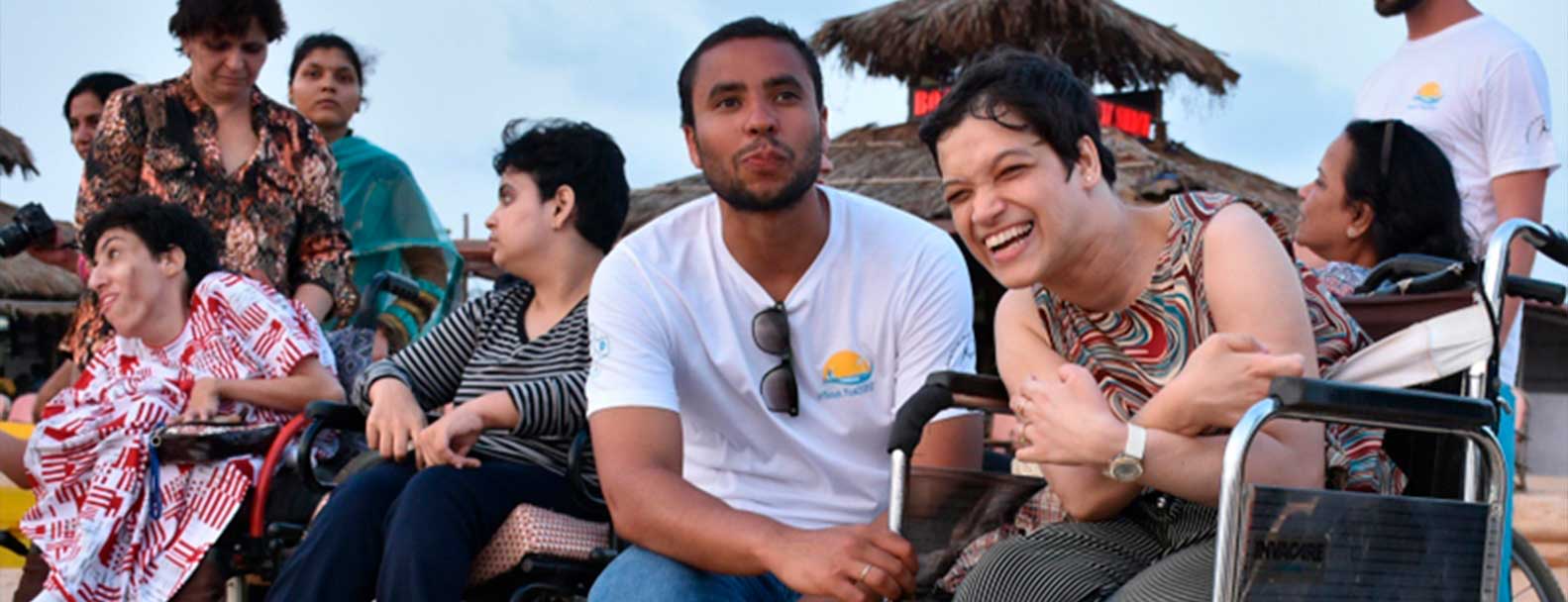
This Mumbai-based organisation is making travel easy and accessible for differently-abled people
People with special needs or differently abled often find it difficult to move about or travel with ease once they step out of the comfort of their homes. Although most schools and workplaces make efforts to make the places accessible to such people, the same cannot be said about tourist spots.
Millions of persons with disabilities across the globe have great difficulty finding accessible accommodation while travelling.
Umoja, a travel company from Mumbai, is making travel easy and accessible for differently-able people, by gathering detailed and dependable access-related information which one can use to find hotels that meet their access needs or preferences.
How it all started
Umoja was founded in late 2014 by two friends – Yeshwant Holkar and Ben Musgrave – who met at INSEAD Business School, France
“A dear family friend is a wheelchair user. Seeing how difficult and time consuming it was for her to find accessible places to visit, we felt there had to be a better way. We understood that great accessibility begins with great information,” says Yeshwant, 34,who holds an MBA from INSEAD and a bachelor’s degree in finance and philosophy from Franklin & Marshall College, USA.
By providing detailed and dependable accessibility-related information, Yeshwant hoped he could enable over a billion people with disabilities globally to travel with confidence. Furthermore, Yeshwant’s mission was to show businesses like hotels, restaurants, malls, and cinemas that by improving accessibility, they can tap into an attractive market segment. Thus, Yeshwant and Ben teamed to form Umoja, which means ‘inclusive’ in Swahili.
When the team began speaking with the hotels about the concept of accessible travel, very few saw the potential. The team came across people who were reluctant to put in the effort citing reasons that people with disabilities often stay at home or most of them can’t afford a vacation, while some merely dismissed the idea.
“There are over 180 million people with disabilities in India alone, and many enjoy travelling and can afford to do too! Our work at UMOJA has been to convince hotels, restaurants, taxi providers, etc., that people with disabilities are loyal, well-paying customers just like anyone else.”
“We are already seeing businesses take the first steps towards accessibility by adding a simple ramp and attracting new customers,” adds Yeshwant, who has over seven years of experience analysing and investing in businesses whilst in the asset management industry.
Reaching out
Umoja’s platform shows over 100 accessible hotels in 11 great destinations across the country. The platform also has accessible travel itineraries to India’s Golden Triangle (Delhi, Agra, Jaipur) as well as Kerala and Goa. The team has also published a number of accessibility destination guides to help people plan their travels.
Umoja has released the first wheelchair user’s guide to Goa, covering dozens of wheelchair accessible places to visit, eat, stay, drink, etc. Along with Lonely Planet, a travel guide book publisher, Umoja has also co-authored accessibility guides to three popular festival destinations in the UK, with two more on the way.
Umoja has co-authored the guidelines on accessibility standards for persons with disabilities and the elderly for the Ministry of Social Justice and Empowerment, Government of India.
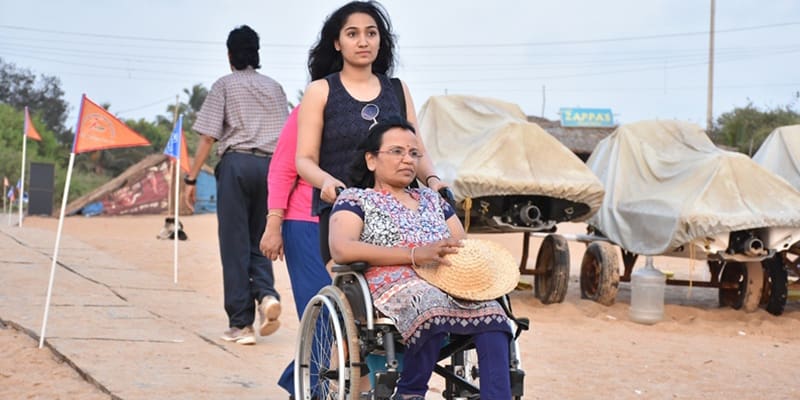 Umoja believes that better accessibility begins with awareness and changing minds
Umoja believes that better accessibility begins with awareness and changing minds
Wheelchair Wanderlust
Umoja launched the UMOJA #WheelchairWanderlust competition in April 2016, where the team had partnered with Marriott Hotels and several other brands to send a wheelchair user and his family on his dream holiday to one of six accessible destinations in India. The competition had over 3,500 entries and the winner, a young man with brittle bone disease from Andhra Pradesh, enjoyed an amazing accessible holiday to Goa with his family.
Following the competition in 2016, hundreds of wheelchair users had written to Umoja to ask about going to Goa, but all were disappointed to learn that none of the beaches there were accessible. Due to CRZ regulations that were formed to protect against coastal over development, the differently abled and their families were not able to enjoy the beach together.
“This didn’t seem right or fair. So we decided to organise BeachFest, complete with an accessible beach pathway, accessible washrooms and changing rooms, and an accessible restaurant, as a model of what is possible when a beach is made accessible,” says Yeshwant.
The BeachFest was organised during March 31–April 9, 2017, which had over 250 participants.
“While the BeachFest was a huge success in terms of the awareness built about accessibility and the experiences our participants had, the true measure of its success will be whether any beaches in India are made permanently accessible. To ensure the differently abled and the elderly can enjoy our beautiful beaches just like everyone else, we need your support!” says Yeshwant.
A large part of Umoja’s mission is to raise awareness about the issue of accessibility and the team has created a petition to make beaches accessible to differently abled. BeachFest was also held to raise awareness for the petition.
Source: Your Story
Compartilhe
Use os ícones flutuantes na borda lateral esquerda desta página
Siga-nos!
Envolva-se em nosso conteúdo, seus comentários são bem-vindos!
Artigos relacionados
Acessibilidade no transporte aéreo. Atualização das regras.
Acessibilidade no transporte aéreo. Revisão da Resolução nº 280/2013 da ANAC através de consulta e audiência pública.
Inclusão no filme Wicked. Atriz cadeirante chama a atenção.
Inclusão no filme Wicked. Marissa Bode é uma atriz com deficiência na vida real, e sua deficiência não foi um impedimento para a atuação.
Diretrizes da ANPTUR para o Turismo Brasileiro
Diretrizes da ANPTUR para o Turismo Brasileiro. Acessibilidade é um dos capítulos desse importante guia orientador para o turismo.

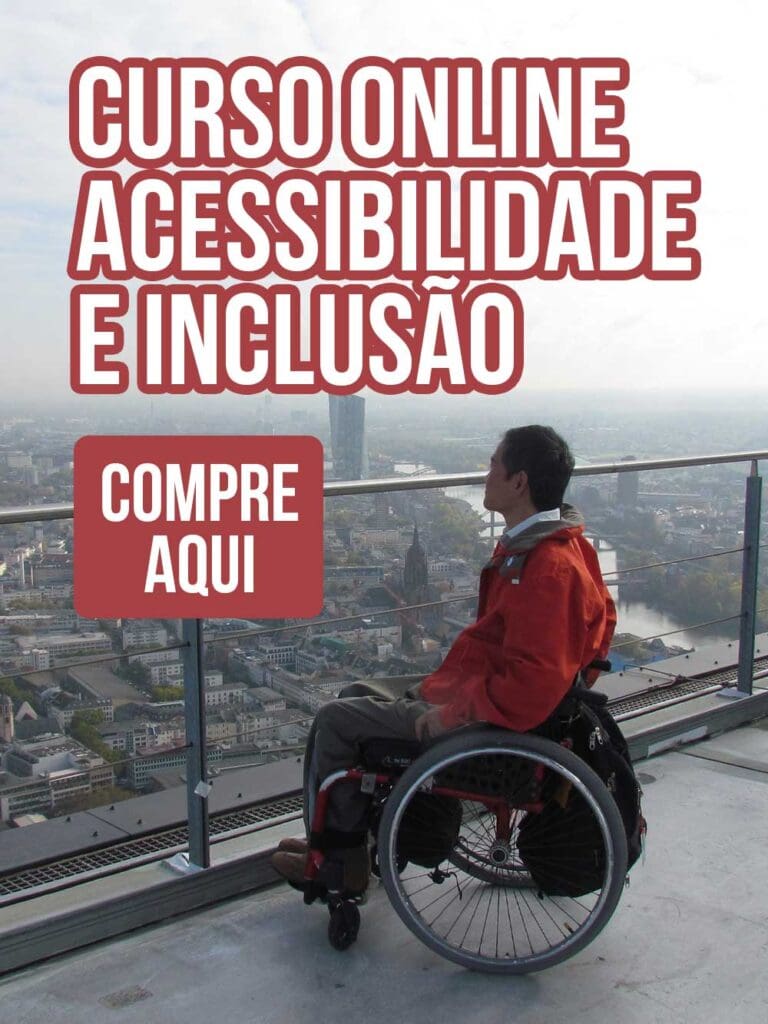
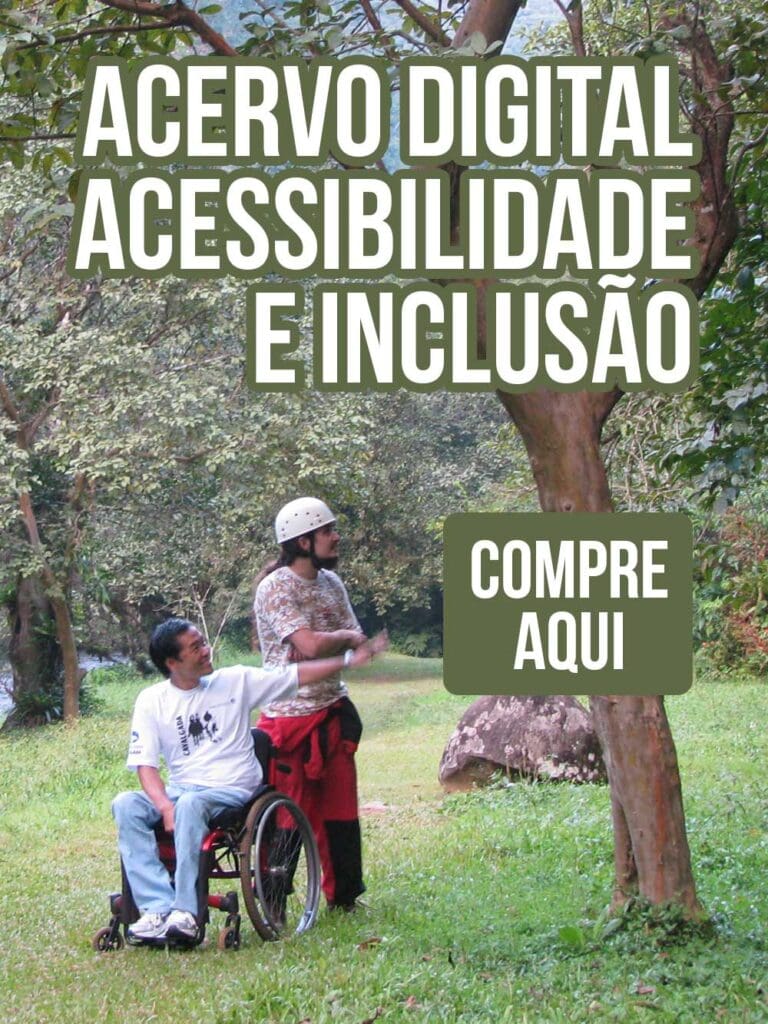
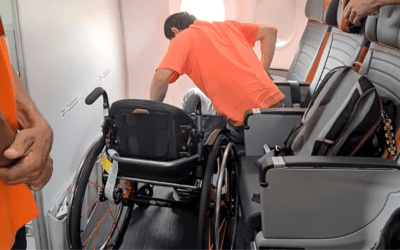
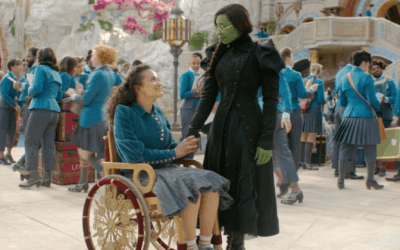
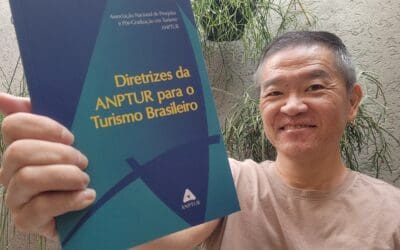
0 comentários